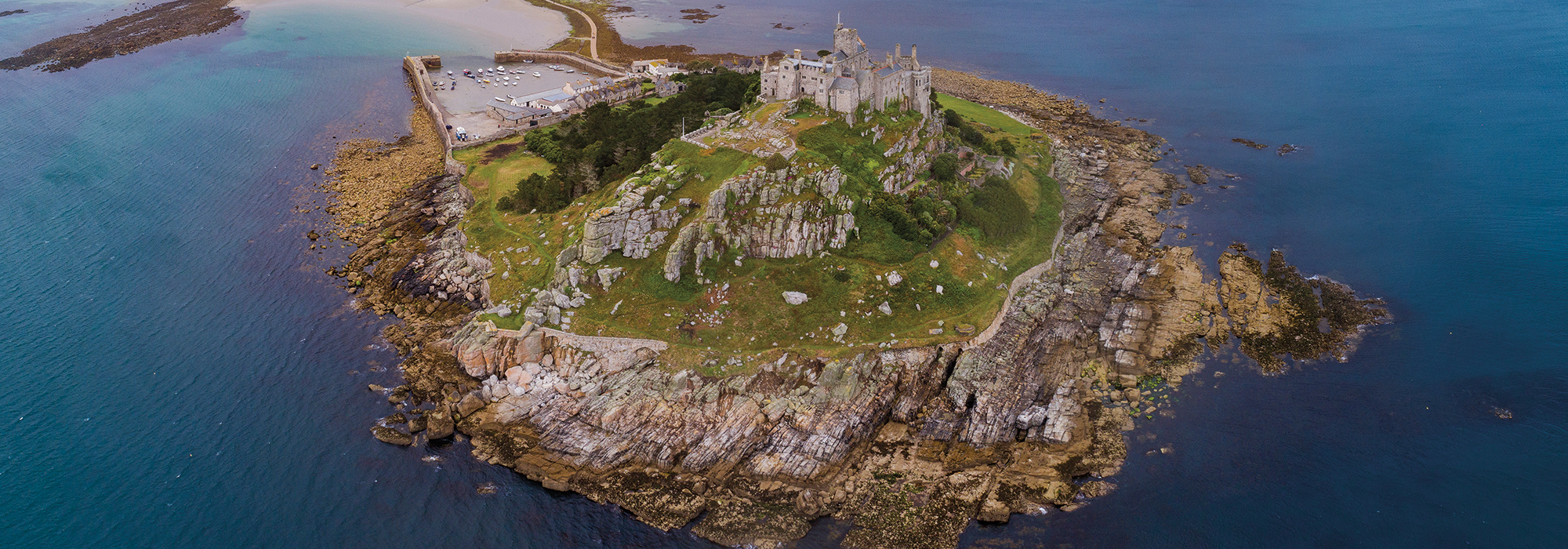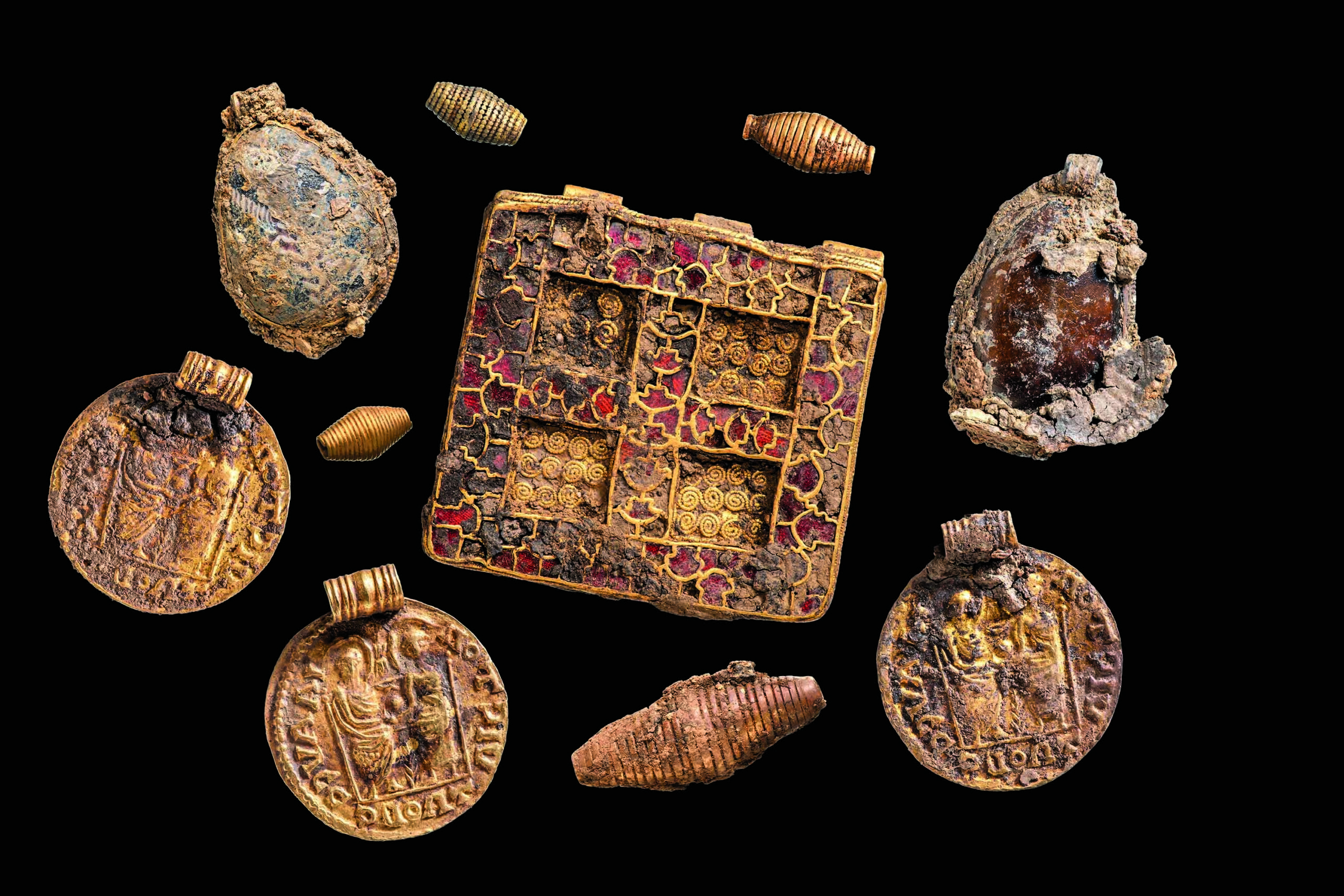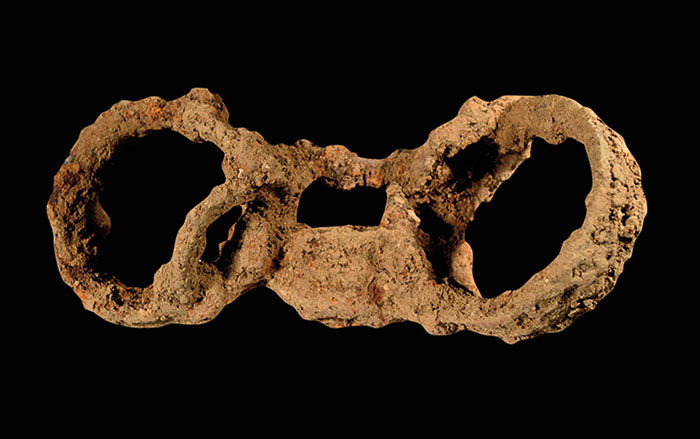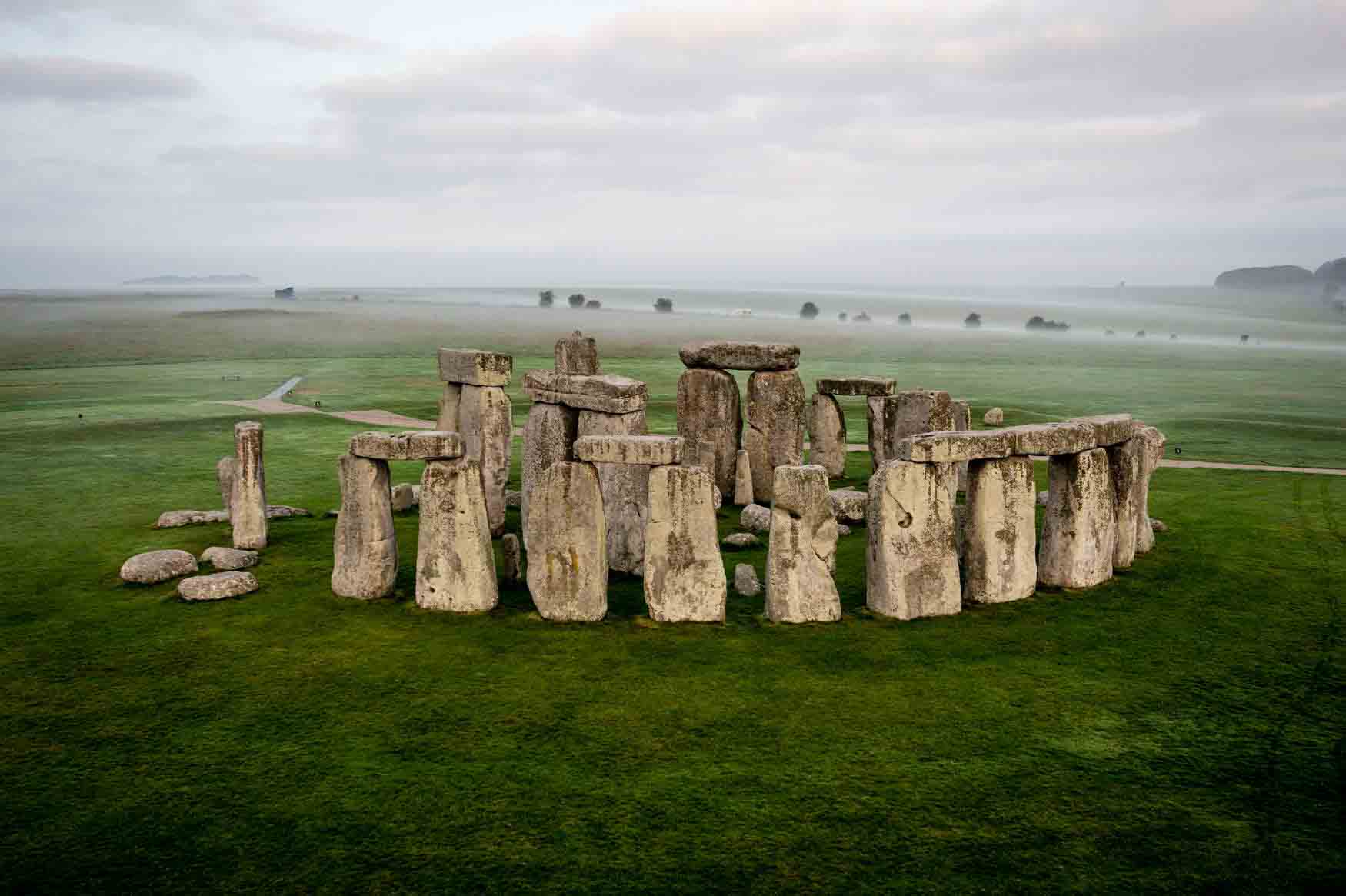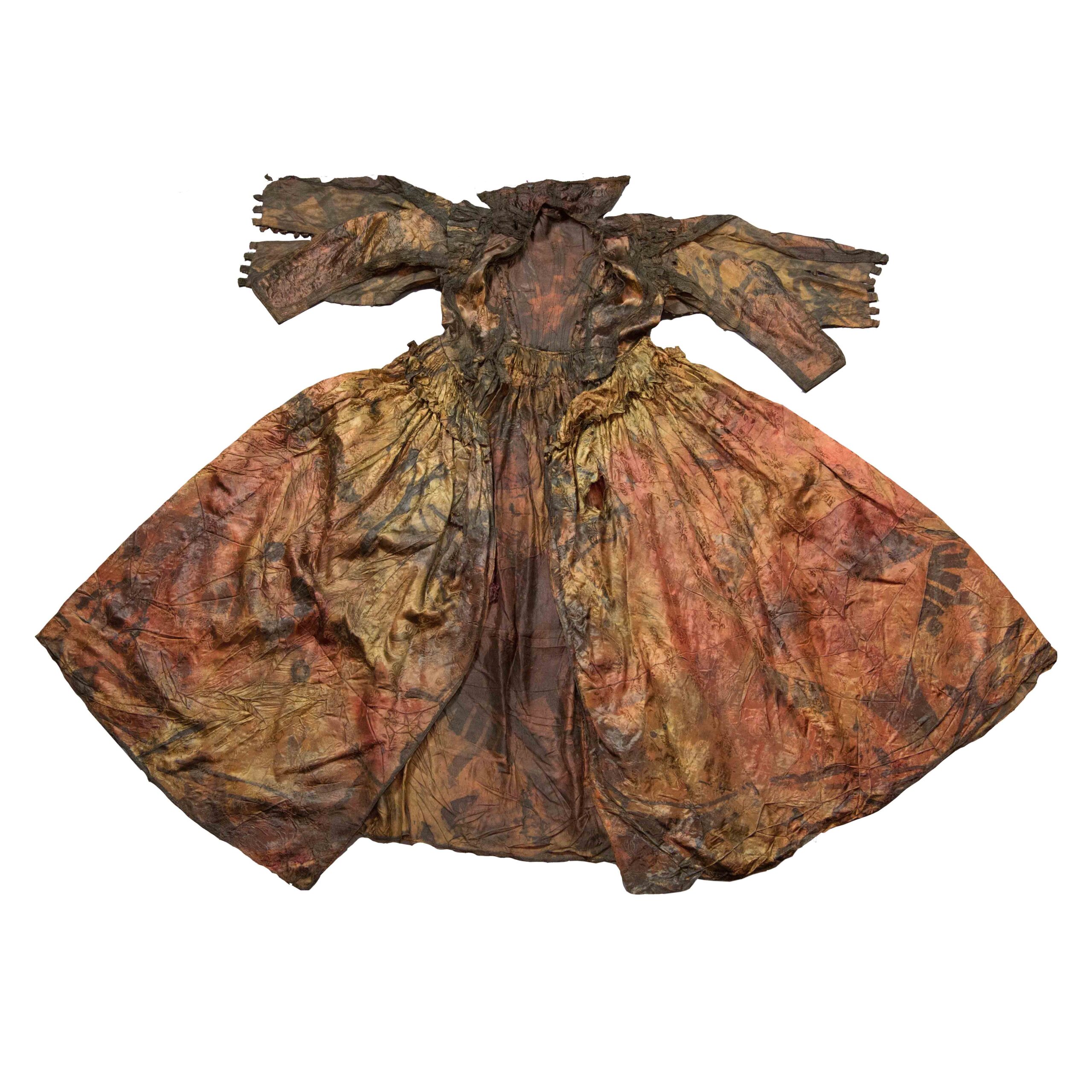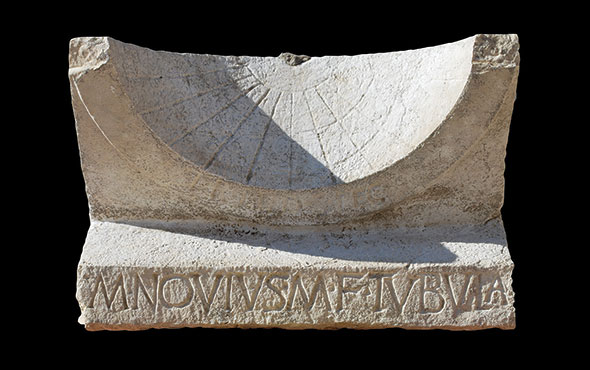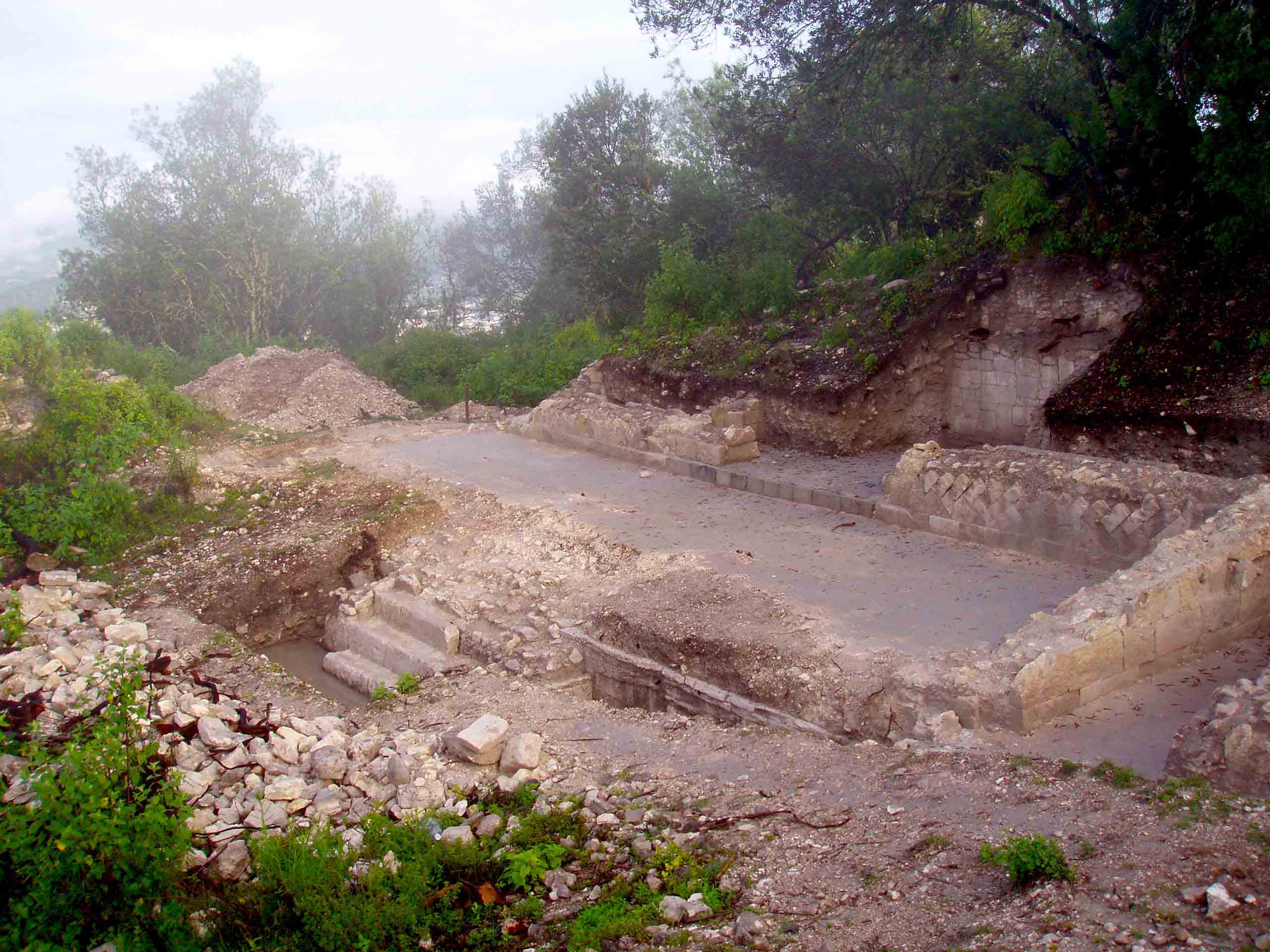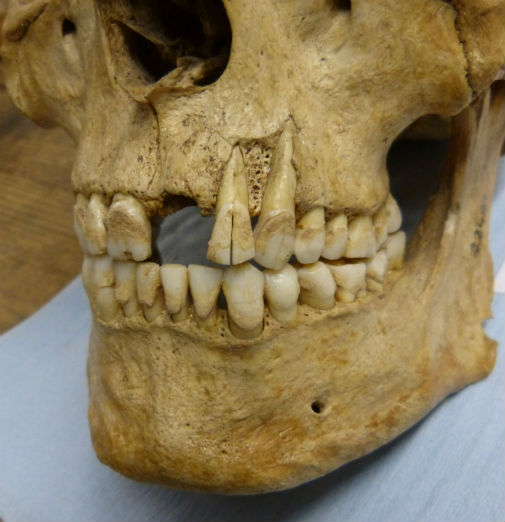
YORK, ENGLAND—Scientists led by Camilla Speller of the University of York analyzed proteins in the dental plaque of Britons who lived from the Iron Age to the post-medieval period in order to discover what they ate, according to a BBC News report. They also investigated plaque from the teeth of living Britons, and some who had died recently. Milk products were detected in about one-third of the plaque samples, the oldest of which dated to 6500 B.C., Speller said. Victorian teeth yielded evidence of plant foods such as oats, peas, vegetables in the cabbage family, and dairy products. Modern diets were shown to include potatoes, soy, peanuts, and dairy products. This research could help other scientists determine what food products people ate in the past even though they do not otherwise survive in the archaeological record. To read in-depth about the study of ancient dental plaque, go to “Worlds Within Us.”


